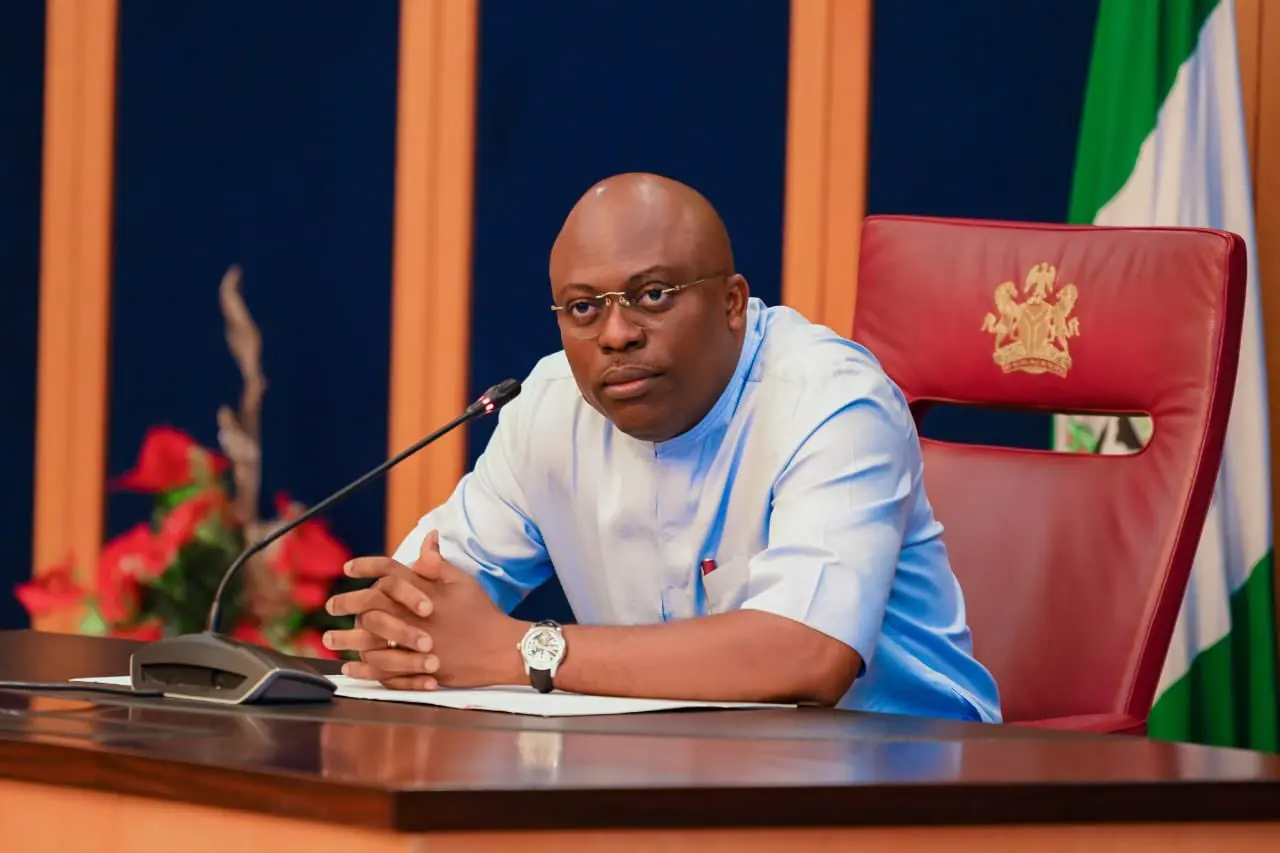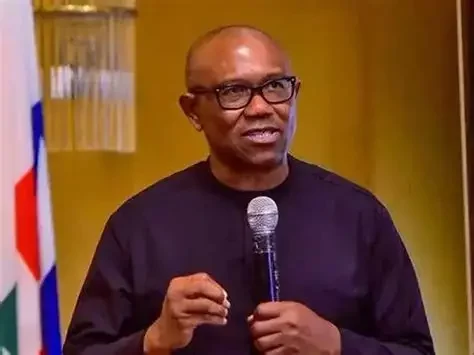Is Democracy Working for the Average African Youth?
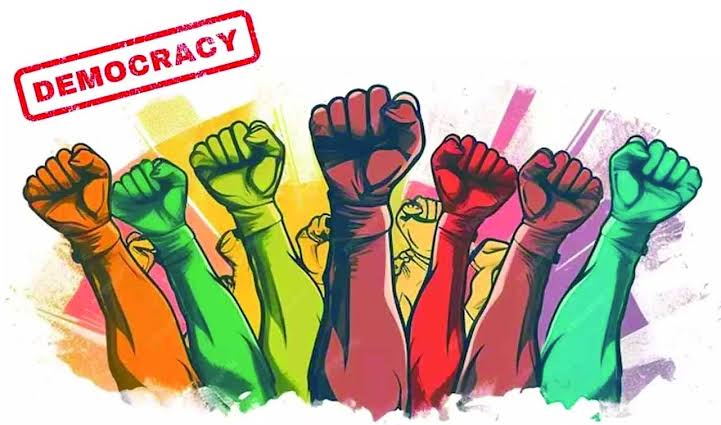
INTRODUCTION: Democracy at the Ballot, Disillusionment at the Bottom
Across Africa, millions of young people line up at polling stations, voter's cards in hand and hope in their hearts. The atmosphere on election day is often one of anticipation, celebration, even pride. Democracy, we’re told, gives the people a voice. And youth, making up over 60% of Africa’s population, should be its heartbeat.
But what happens when the chorus fades and the promises dissolve?
In country after country, the ballots are cast, the winners declared, and yet… little changes for the average young voter. Inflation rises, job opportunities shrink, police brutality continues, and leaders remain distant. For many youth, democracy feels less like a system of empowerment and more like a performance they’re invited to clap for but never allowed to direct.
Defining Democracy Through Young Eyes
At the most basic level, democracy promises freedom, participation, equality, and accountability. It’s a system where the people, not the powerful, are meant to decide how they are governed. For young Africans, raised on ideals of progress and global citizenship, democracy should mean more than just voting every four years. It should mean access to opportunities, protection of rights, and leadership that actually listens.
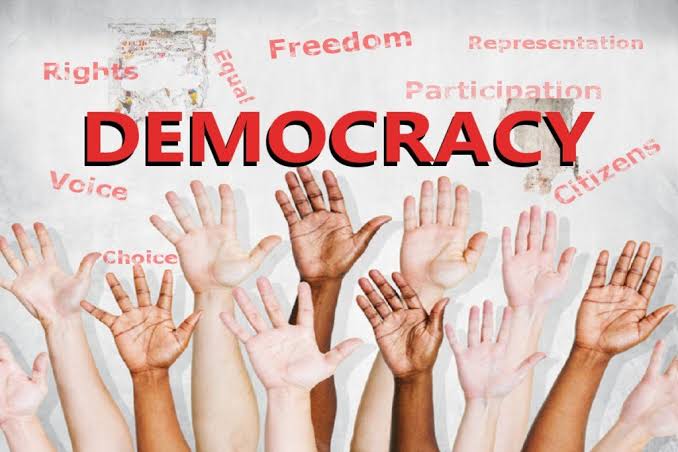
Photo Credit: The Asian age
According to a 2022 Afrobarometer survey, fewer than 50% of African youth say they are satisfied with how democracy works in their country. The Mo Ibrahim Foundation’s African Governance Report also notes a growing disconnect between young people and democratic institutions, fueled by high unemployment, weak justice systems, and rampant corruption.
Young Africans aren’t rejecting democracy itself; they’re rejecting what it has become: a shell without substance, a vote without value.
So, what do youth truly want? A democracy that delivers, not just during elections, but every single day.
Voting Without Voice: The Politics Of Disappointment
Across Africa, youth are often celebrated as “the leaders of tomorrow.”But tomorrow keeps moving further out of reach.
In countries like Nigeria, Kenya, and Zimbabwe, young people form the largest voting demographics, yet they remain some of the most politically sidelined. They line up at polling stations under the sun, proudly holding up ink-stained thumbs. But after the ballots are counted, their hopes are often crushed by recycled names, broken promises, and a system rigged to serve the elite.

Photo Credit: UChicago News
The disappointment is deep and generational. Recycled leadership, where the same individuals or their protégés dominate the political space for decades, has turned democracy into dynastic control. Godfatherism, where power is brokered behind the scenes by influential figures, means merit rarely wins; loyalty does. And youth inclusion? Often tokenistic. Most cabinets and parliaments are dominated by politicians twice the age of the median citizen.
This growing sense of betrayal has birthed a different kind of engagement: protest over participation.
Movements like #EndSARS in Nigeria, FeesMustFall in South Africa, and #ThisFlag in Zimbabwe are not just moments of outrage, they are loud declarations that voting alone no longer feels like enough. These protests are led by digitally savvy, politically conscious youth who are tired of being ignored by systems that claim to represent them.
The youth are not apathetic. They are angry, and that anger is a political statement in itself.
Democracy Without Dividends: Where Are The Jobs?
In theory, democracy promises progress. But for millions of African youth, it’s been a long wait with little return.
Youth unemployment remains one of the continent’s most pressing crises. In Nigeria, youth unemployment hovers around 33%, according to the National Bureau of Statistics (2023). South Africa reports even higher rates—over 45% for those between 15 and 34, according to Stats SA.
It’s not just a job crisis—it’s a future crisis.
Inflation erodes purchasing power. Degrees gather dust in drawers. And educated young people are left feeling stranded between potential and poverty. The promise of democracy is not just about casting votes, it’s about receiving the dividends of governance: jobs, education, healthcare, safety, and opportunity. Yet, for many, those dividends never arrive.
This raises an unsettling question:
What good is a democracy that can’t feed, educate, or protect its people?
Civic Spaces Shrinking: Silencing The Dissent
For a system built on freedom, too many African democracies are afraid of voices that speak too loudly.
Across the continent, civic space, the freedom to assemble, speak, organize, and protest, is shrinking. In recent years, governments have responded to criticism not with dialogue, but with shutdowns, surveillance, and suppression.
Social media, once a tool of empowerment, is now being targeted. Laws like Nigeria’s proposed Social Media Bill and Kenya’s Computer Misuse and Cybercrimes Act raise concerns about censorship disguised as regulation. In Tanzania, journalists and bloggers face arrest under vaguely worded sedition or cybercrime laws.
According to CIVICUS Monitor, only a few African countries like Cabo Verde and São Tomé e Príncipe, are considered to have open civic space as of 2024. The rest are rated as obstructed, repressed, or closed.
This growing intolerance toward criticism sends a chilling message to young people: "You can vote, but don't question." But democracy without dissent is dictatorship in disguise. If citizens can't challenge power without fear of punishment, what remains of freedom?
The Hopefuls: Youth Who Still Believe
Despite disillusionment, not all young Africans have given up on democracy. Many are not just marching in protest—they’re marching into the arena, determined to reshape power rather than abandon it.
In Nigeria, youth-led organizations like BudgIT, and YIAGA Africa are using data and digital tools to hold politicians accountable. BudgIT’s infographics on budget allocation have made national headlines, sparking conversations once limited to government offices.
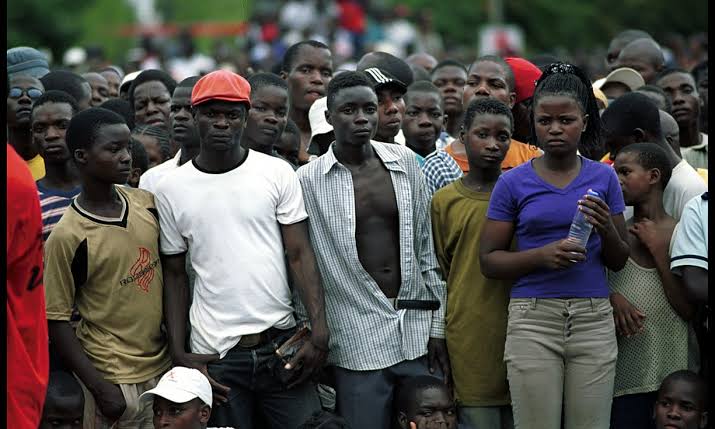
Photo Credit: Google Image
This generation is not just seeking inclusion; they are demanding redefinition. They want a democracy that listens, acts, and reflects the diversity and urgency of youth realities. They are coding civic apps, leading town halls, forming movements, and campaigning with courage.
They know the road is long, but they’re walking it anyway.
Because while democracy has failed them in many ways, these hopefuls still believe in its promise. And perhaps, that belief itself is a quiet revolution.
What Needs To Change?
If democracy is to truly serve Africa’s young majority, it must evolve beyond ballots and slogans. It must reflect the lives, voices, and aspirations of the people who form its largest demographic. That means not just inviting youth to vote, but making space for them to lead.
Lower Age Limits for Political Office
In many African countries, laws still bar youth from contesting key political positions. For example, Nigeria only recently passed the #NotTooYoungToRun bill, lowering the minimum age to contest for presidency from 40 to 35. Legal reforms must be paired with funding access and mentorship programs that make leadership attainable, not theoretical.
Political Education & Civic Literacy
Most youth aren’t apathetic; they’re uninformed or misinformed. A lack of political education means many young voters don’t fully understand how policies shape their daily lives. Schools must embed civic education, and governments must invest in platforms that teach rights, processes, and tools for engagement in languages and media that resonate with youth.
Stronger Institutions, Not Just Elections
Elections do not make a democracy; institutions do. Electoral commissions must be independent, justice systems free from manipulation, and anti-corruption bodies empowered to act without political bias. Young people are tired of voting without seeing accountability. Strengthening public institutions is essential if democracy is to regain trust.
Youth Quotas & Meaningful Representation
Several African nations have implemented gender quotas in parliaments; why not youth quotas? With over 60% of Africa’s population under 25, it is only logical that policy-making tables reflect that demographic. Youth councils, advisory boards, and proportional representation in national and local legislatures must be more than token gestures—they must hold influence.
A New Culture of Listening
Democracy can’t work if it only listens every four years. Governments must create open channels for ongoing youth dialogue—not just in crises or elections. Town halls, feedback apps, and participatory budgeting can give youth a stake in decision-making and reduce disillusionment.
Africa’s democracy doesn’t need a cosmetic makeover; it needs structural reform.
And if democracy can’t deliver that, then what, really, is it for?
CONCLUSION: A Generation Too Smart to Be Fooled
Africa’s young people are politically aware, socially connected, and more informed than ever before. They understand what democracy should look like: accountable leadership, economic opportunity, and a system that protects rights rather than punishes dissent. But what many of them experience is far from this promise. It’s recycled leadership, growing inequality, and a democratic process that often feels like a performance.
Yet, this generation is not apathetic. They vote, they protest, they organize, and they demand better. But there’s only so long you can ask people to believe in a system that keeps failing them.
Democracy must go beyond ballots and buzzwords; it must show up in better schools, safer streets, job creation, and true representation. Because if it doesn’t, young Africans may continue to vote, but they’ll stop believing.
“Until democracy stops being a promise and starts being a practice, Africa’s young people will keep voting, but they may stop believing”.
You may also like...
Bundesliga's New Nigerian Star Shines: Ogundu's Explosive Augsburg Debut!

Nigerian players experienced a weekend of mixed results in the German Bundesliga's 23rd match day. Uchenna Ogundu enjoye...
Capello Unleashes Juventus' Secret Weapon Against Osimhen in UCL Showdown!

Juventus faces an uphill battle against Galatasaray in the UEFA Champions League Round of 16 second leg, needing to over...
Berlinale Shocker: 'Yellow Letters' Takes Golden Bear, 'AnyMart' Director Debuts!

The Berlin Film Festival honored
Shocking Trend: Sudan's 'Lion Cubs' – Child Soldiers Going Viral on TikTok

A joint investigation reveals that child soldiers, dubbed 'lion cubs,' have become viral sensations on TikTok and other ...
Gregory Maqoma's 'Genesis': A Powerful Artistic Call for Healing in South Africa

Gregory Maqoma's new dance-opera, "Genesis: The Beginning and End of Time," has premiered in Cape Town, offering a capti...
Massive Rivian 2026.03 Update Boosts R1 Performance and Utility!

Rivian's latest software update, 2026.03, brings substantial enhancements to its R1S SUV and R1T pickup, broadening perf...
Bitcoin's Dire 29% Drop: VanEck Signals Seller Exhaustion Amid Market Carnage!

Bitcoin has suffered a sharp 29% price drop, but a VanEck report suggests seller exhaustion and a potential market botto...
Crypto Titans Shake-Up: Ripple & Deutsche Bank Partner, XRP Dips, CZ's UAE Bitcoin Mining Role Revealed!

Deutsche Bank is set to adopt Ripple's technology for faster, cheaper cross-border payments, marking a significant insti...



